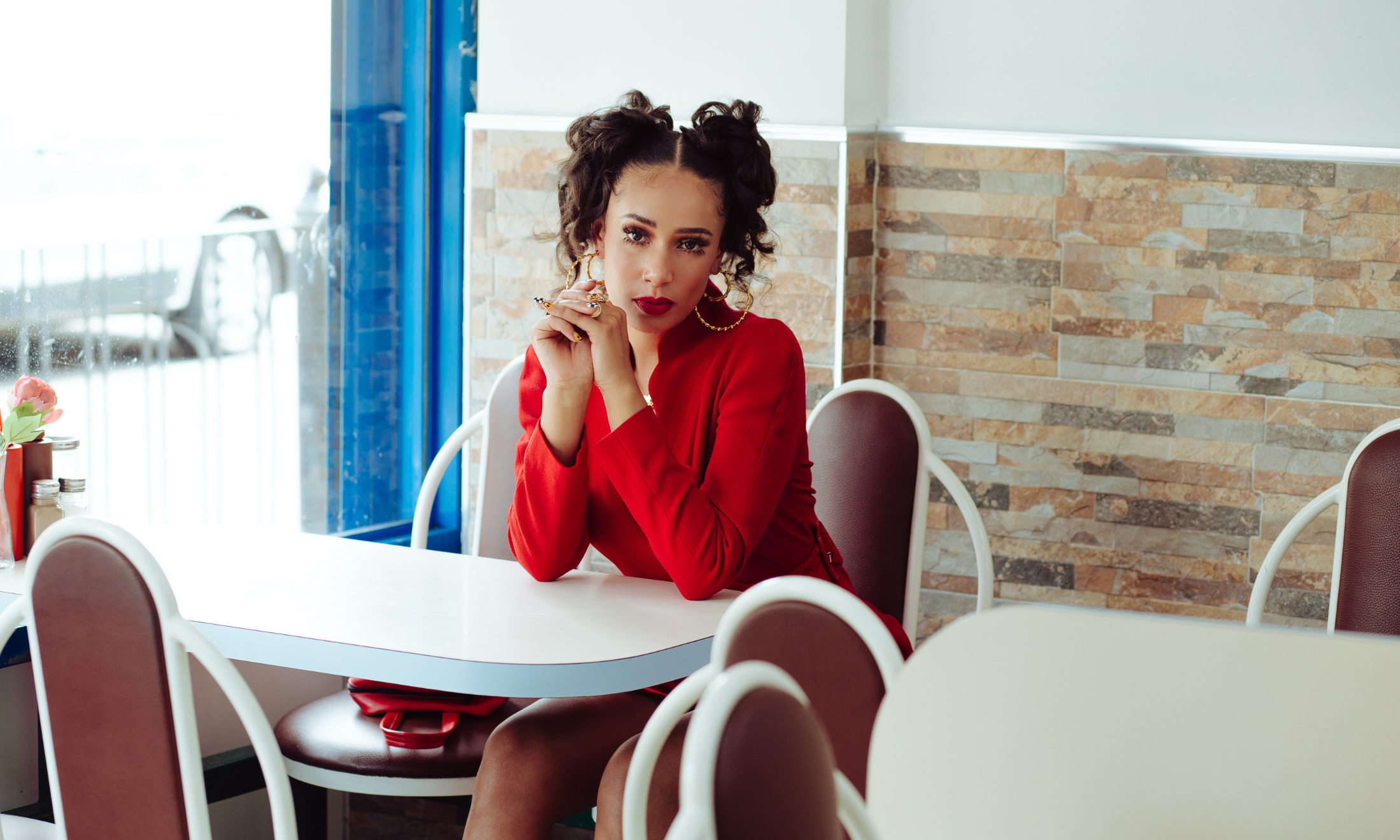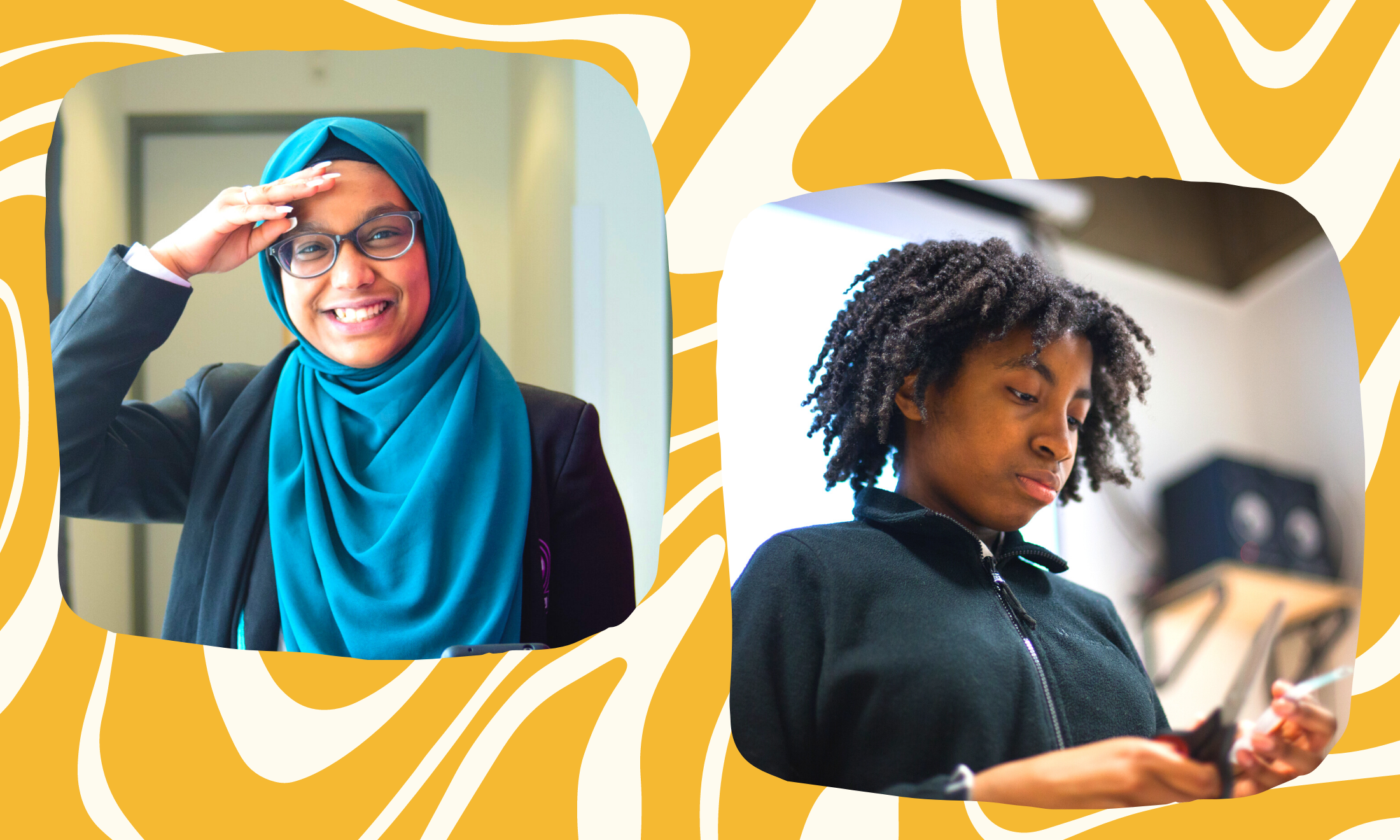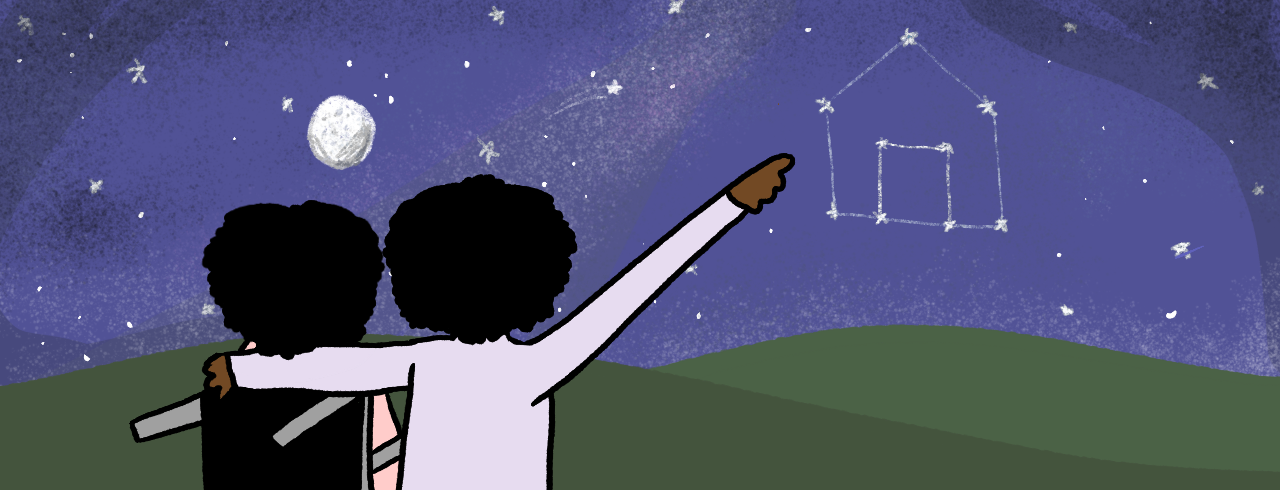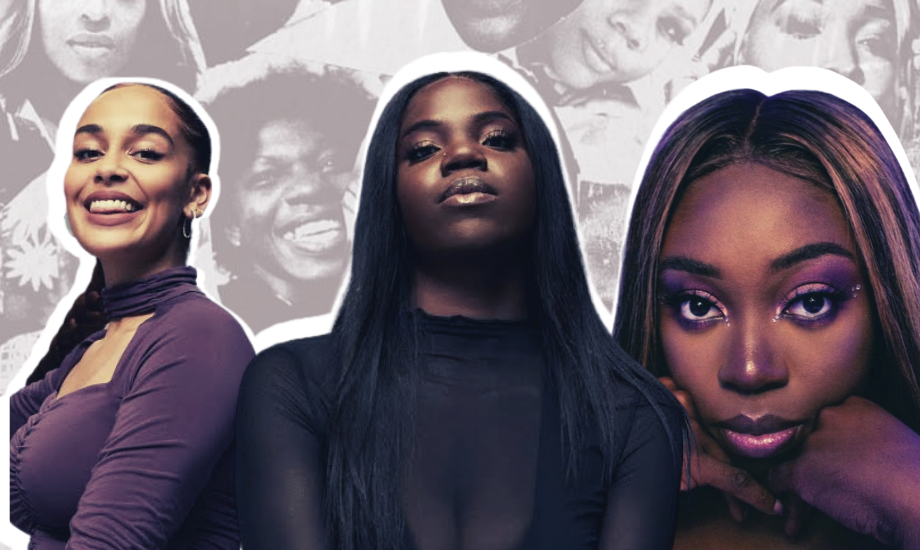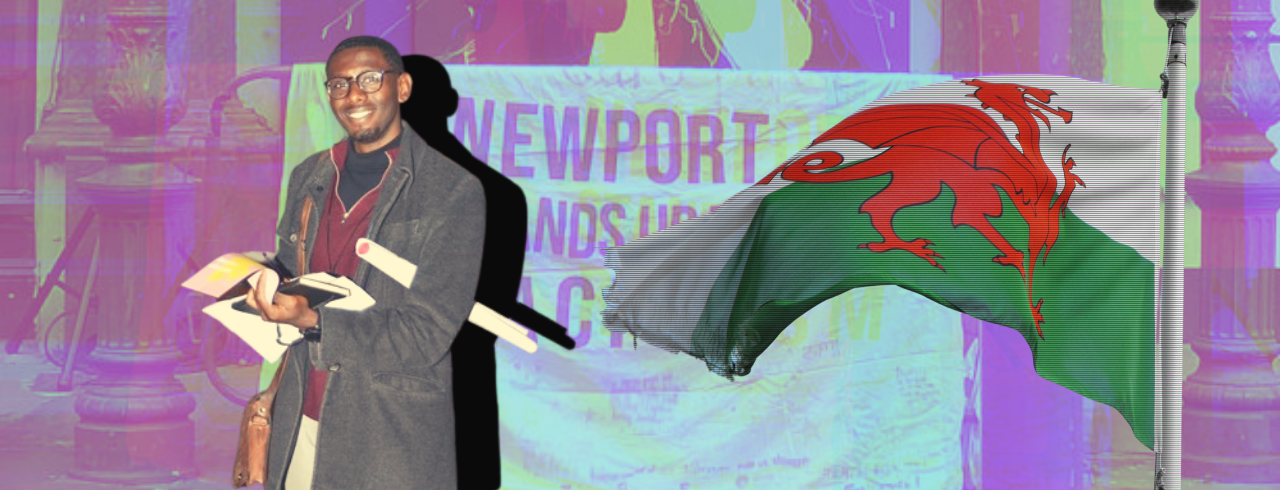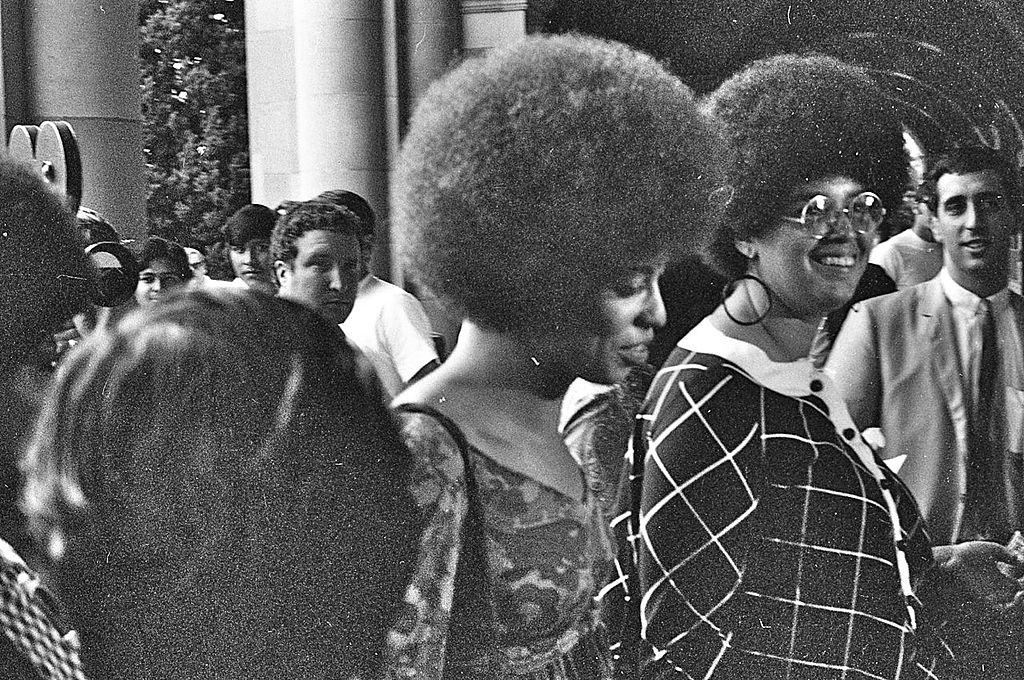
I am a woman of colour. I am a middle-class, mixed-race, heterosexual, cisgender woman of colour – so what does this mean for me? What does it mean for my relationship with working-class women of colour? How have I benefitted from having a lighter skin complexion in ways that darker-skinned women may not have? What burdens will I never experience which trans women bear ?
‘Women of colour’ is an amazing term, which unites me with women from all walks of life, who are designating themselves a racial-political identification rather than identifying with race uniquely in social terms (if that’s even possible!) However, hierarchies within this collective have been indulged both externally and internally. This means that although we, as women of colour, do share some similar experiences which provide a strong link in our bond, there exists a spectrum of privilege and disadvantage on which every case has its idiosyncrasies – and some have more hurdles to jump than others.
We all hate it when white folk assert the non-existence of racism; how “we’re all on a level playing field these days” and that “I don’t even see race anyway”. Well, neglecting to acknowledge the truth that I am in a state of socio-economic privilege in comparison to some other women of colour would be to do a similar thing.
However superficial the basis, I cannot deny the interest and glorification with which I’ve been treated by both white and black communities as a result of being mixed race. To some white people, I’m exotically beautiful, with hair that embodies the very core of my interest to them, sustained by their incomprehension of my voluminous self-holding curls. By certain black men, “lighties” like myself have been glorified for our looks at the expense of our darker-skinned counterparts.
This perception of beauty as a woman, mixed all up in a patriarchal system, means that, in various situations, an interest is taken in us. We are listened to and offered respect if we fit the right framework – both metaphorically and physically.
To add another example of my privileges, I have never been – and never will be – asked to justify my gender. I will never face being told to leave a female toilet, which can be a shattering experience, accumulating on top of many others, for trans women or non-binary people. If I were to act as if I have to yank and tug every single day to pull towards me some distant morsel of a feeling of acceptance, normality and respect, I could never truly attempt, like those ‘colourblind’ progressives, to become an ally to these women who carry more weight on their shoulders than I.
Being an ally is not being Rachel Dolezal – I do not have to paint on an illusion of perceived disadvantage to show that I can empathise with those who do not benefit from the same privileges that I do. But I can lend an ear. I can seek guidance on ways that I can help. I can, not celebrate, but acknowledge the privileges with which I was endowed at birth in order to have the ability to say honestly, “I have no idea how you’re dealing with this shit, sister.”

